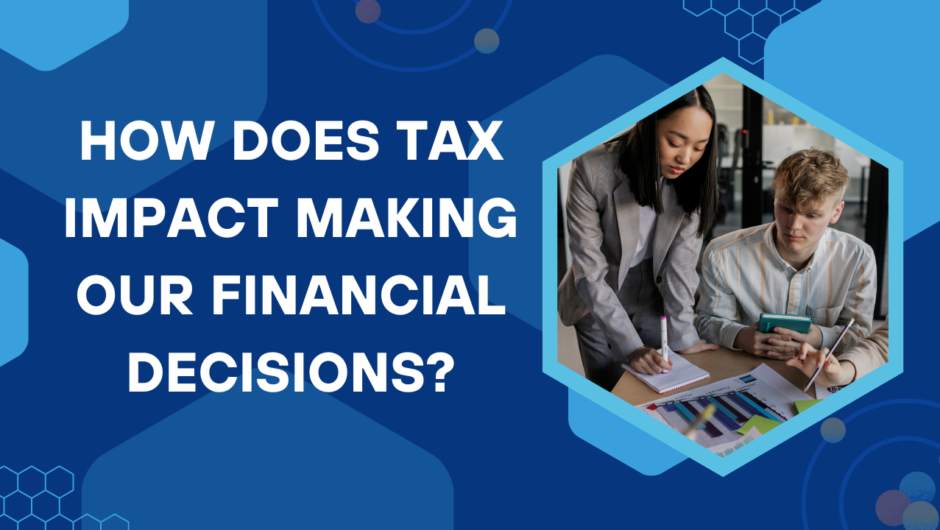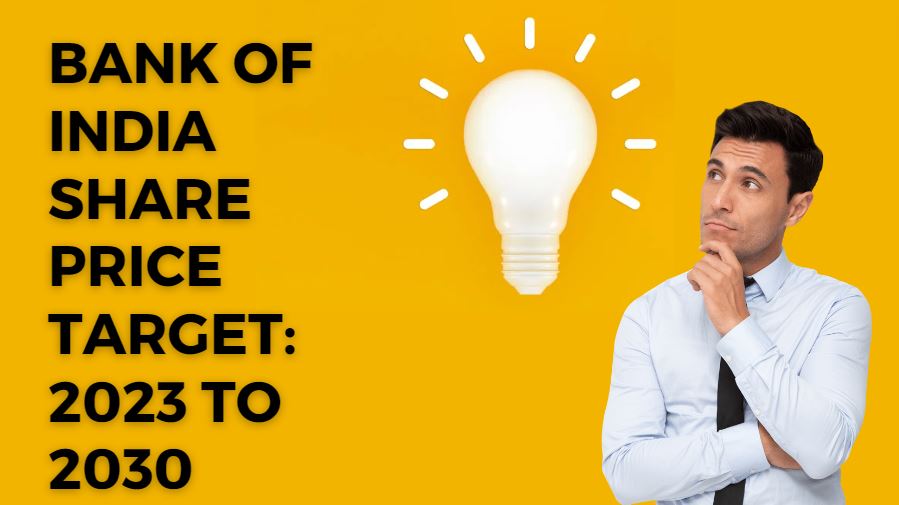The process of filing Income Tax Returns or ITR can prove to be a challenging one for many taxpayers, especially if you are new to the procedure. To ease things for the taxpayer, relevant authorities also extend the filing deadlines so that you have adequate time to file your ITR. However, despite one’s best attempts, there is a chance that one may commit some mistake or the other when following the steps to file income tax returns. We list out some common mistakes so that you can ensure to avoid them the next time.
Choosing the wrong ITR
Presently, there are seven different types of ITR, categorised mainly according to the income sources and types of taxpayers. While ITR-1 is apt for salaried individuals with other income sources totally amounting to a maximum of Rs 50 lakhs, ITR-3 is suitable for those earning income from a proprietary business or profession. Before you begin your ITR filing process, it is important to read through all the seven types of ITR forms and then choose the one most suitable for you.
Submitting the wrong form is considered a defect and can lead to your returns not getting verified by the IT department.
Overlooking incomes from sources other than salary
Since a salary is the most common form of income for most taxpayers, they tend to enter salary details only and overlook their other sources of income. If you are earning any interest from fixed deposits, returns from mutual funds or ULIPs, dividends on your shares, rent on your property, and so on, it is important to mention them. Failure to do so can lead to you being under the radar of the IT department for tax evasion.
If you are looking to get an estimate of how much tax you will owe based on your various incomes, then an income tax calculator can be very useful.
Selecting the wrong assessment year
Many taxpayers, especially new ones, think that the assessment year is the same as the financial year they are paying tax for. However, that is not true. Assessment year refers to the year after the financial year for which you are paying the tax. So, if you are paying tax for the financial year 2021-2022, then the assessment year would be 2022-2023.
Failing to be updated with the latest tax amendments
With every Budget declaration, there are a few amendments in prevalent tax laws. For instance, Budget 2020 introduced a new tax regime with different tax slabs. Those who are opting for this regime can enjoy lowered income tax slab rates. However, this regime does not allow for many tax deductions or exemptions. It is important to be well-aware of these updates and amendments before you start filing your ITR to save on your taxes as well as your time.
Not reconciling Form 26AS before filing the ITR form
This is a mistake that beginners often make when going through the steps to file income tax returns. For the uninitiated, Form 26AS is a form that showcases details regarding the TDS (tax deducted at source) from your sources of income. The form also displays information on whether you have paid any advance tax, received any refunds during the financial year, and so on. One must ensure that the information available in the form is correct. The form 16 issued to you by your employer should be in alignment with the Form 26AS. In case of any discrepancies, ensure to get it rectified before you go ahead with filing the ITR.
Not making the most of deductions and exemptions
Besides the usual 80C deductions on life insurance premiums and ELSS investments, there are a variety of deductions you can benefit from. For instance, you can enjoy an additional deduction of up to Rs 50,000 against your National Pension Scheme contribution over and above the Rs 1.5 lakhs limit of Section 80C. Section 80D allows for deductions up to Rs 25,000 for individuals under 60 years of age and up to Rs 50,000 for those aged over 60 years against their health insurance premium.
An income tax calculator can help you in this scenario as well as it lists out the various Sections of the ITA which can help you save tax and reach a more accurate tax liability estimate.
It is advisable to reach out to a tax consultant and get their expert opinion on the matter. Tax benefits are subject to amendments in tax laws.

Hey, this is Johny Sehgal. I am the owner and caretaker at Finance Jungle. I completed my education in BSC and now heading towards the digital marketing industry. I usually have interests in reading, playing games and watching movies. I also love to write content based on quality information. The main motive of mine is to provide the top and best quality information to my readers. Finance Jungle is the blog for the same.











